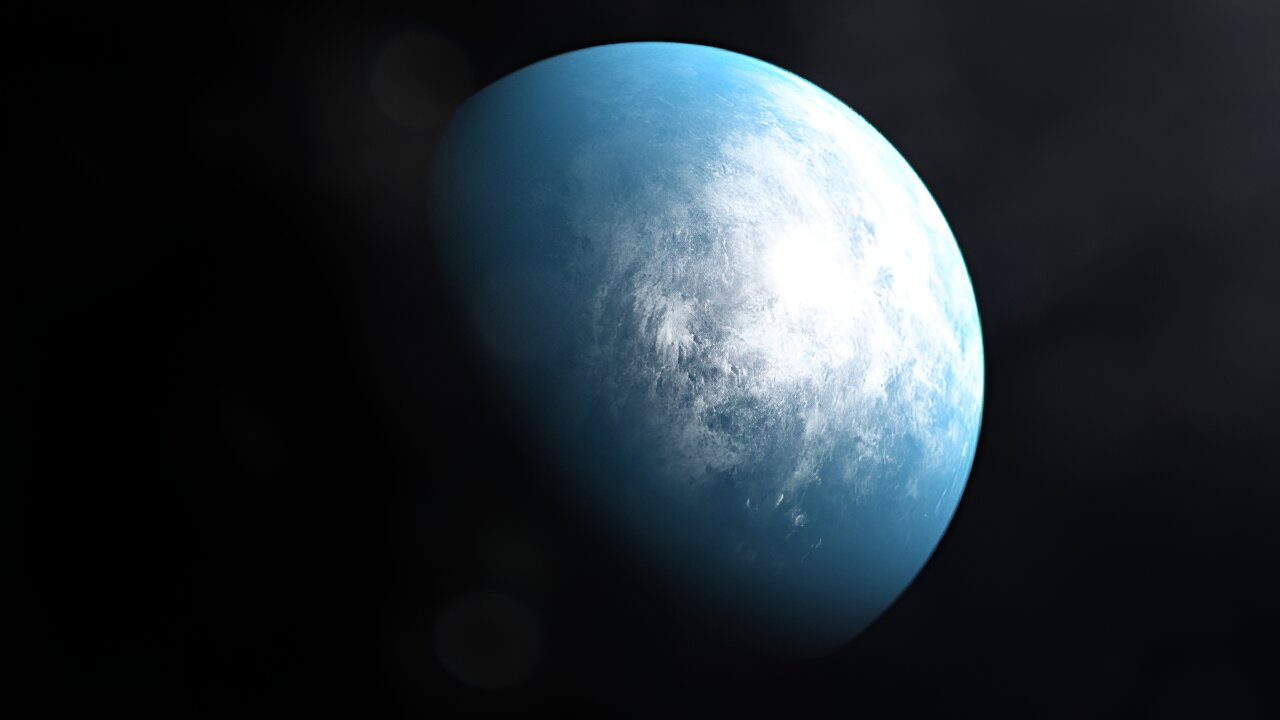A planet relatively close to Earth could be the first ever detected with a potentially life-sustaining liquid ocean outside our Solar System, according to scientists using the James Webb space telescope.
More than 5,000 planets have been discovered outside of the Solar System so far, but only a handful are in what is called the “Goldilocks zone” — neither too hot or too cold — that could host liquid water, a key ingredient for life.
The exoplanet LHS 1140 b is one of the few in this habitable zone, and has been thoroughly scrutinized since it was first discovered in 2017.
It sits 48 light years from Earth, which equates to more than 450 trillion kilometers (280 trillion miles) — relatively close in the vast distances of space.
The exoplanet had been thought to be a small gas giant called a “mini-Neptune” with an atmosphere too thick with hydrogen and helium to support alien life.
However, new observations from the Webb telescope have confirmed that the exoplanet is in fact a rocky “super-Earth”.
It is 1.7 times bigger than Earth, but has 5.6 times its mass.



Wormholes, as well as other ftl systems, are almost certainly impossible. The universe seems very strict about causality. A good number of random bits of physics seem arbitrary until you realise they sit at the limit of causality violations. All FTL systems can be used to violate causality.
Unfortunately we are likely stuck at SoL limits. We could still make it to the stars, but it would be a generational effort.
I think living amd dying on a anywhere-bound generation ship is sounding better by the day. I have sommany indie tabletop RPGs to play with people